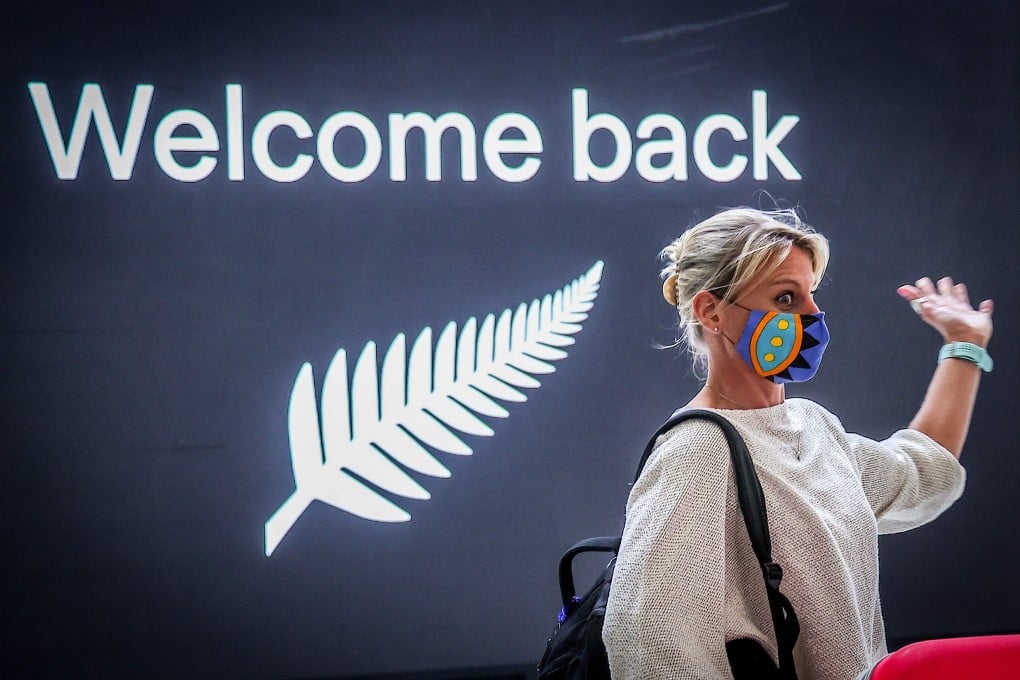Coronavirus: New Zealand loses Covid-free status again; Australian state eases restrictions
- New Zealand case comes day after PM Jacinda Ardern won a landslide victory in ‘Covid election’
- State at epicentre of Australia’s Covid-19 outbreak announces an easing of restrictions

New Zealand announced on Sunday one new case of Covid-19 after three weeks with no known community transmission.
The country had previously declared itself Covid-19-free on October 8, after a second outbreak of the virus was contained.
At a hastily arranged weekend press conference, director general of health Ashley Bloomfield said the case involved a man who worked at Ports of Auckland and Taranaki and was being tested regularly.
The case had been caught early and the risk was contained, Bloomfield said.
“Because the person was tested on the day he was developing symptoms, the ministry of health was able to self-isolate close contacts, which is a good reminder to the rest of New Zealanders for best practice.”
At this point, officials had not been able to establish where the case had come from.